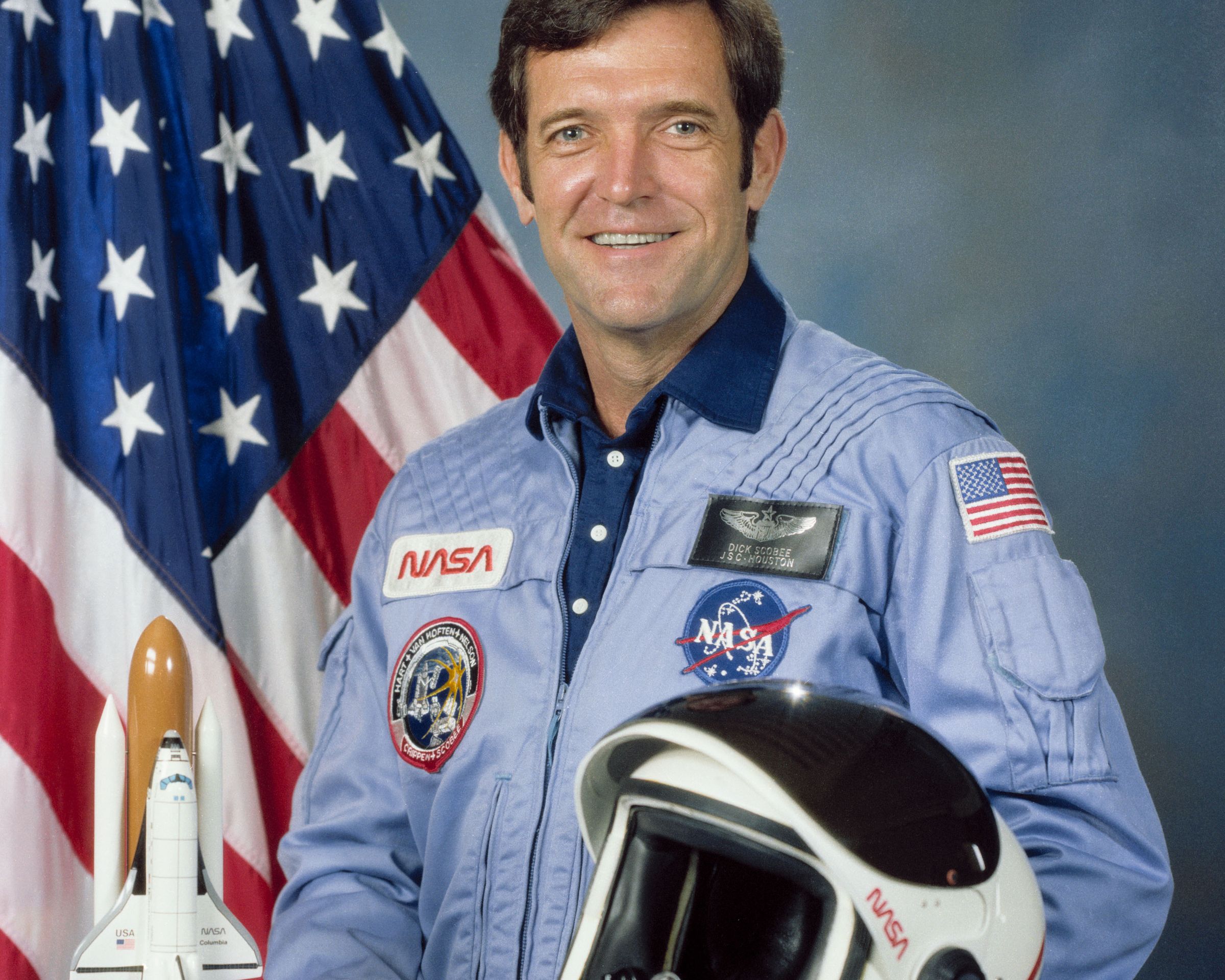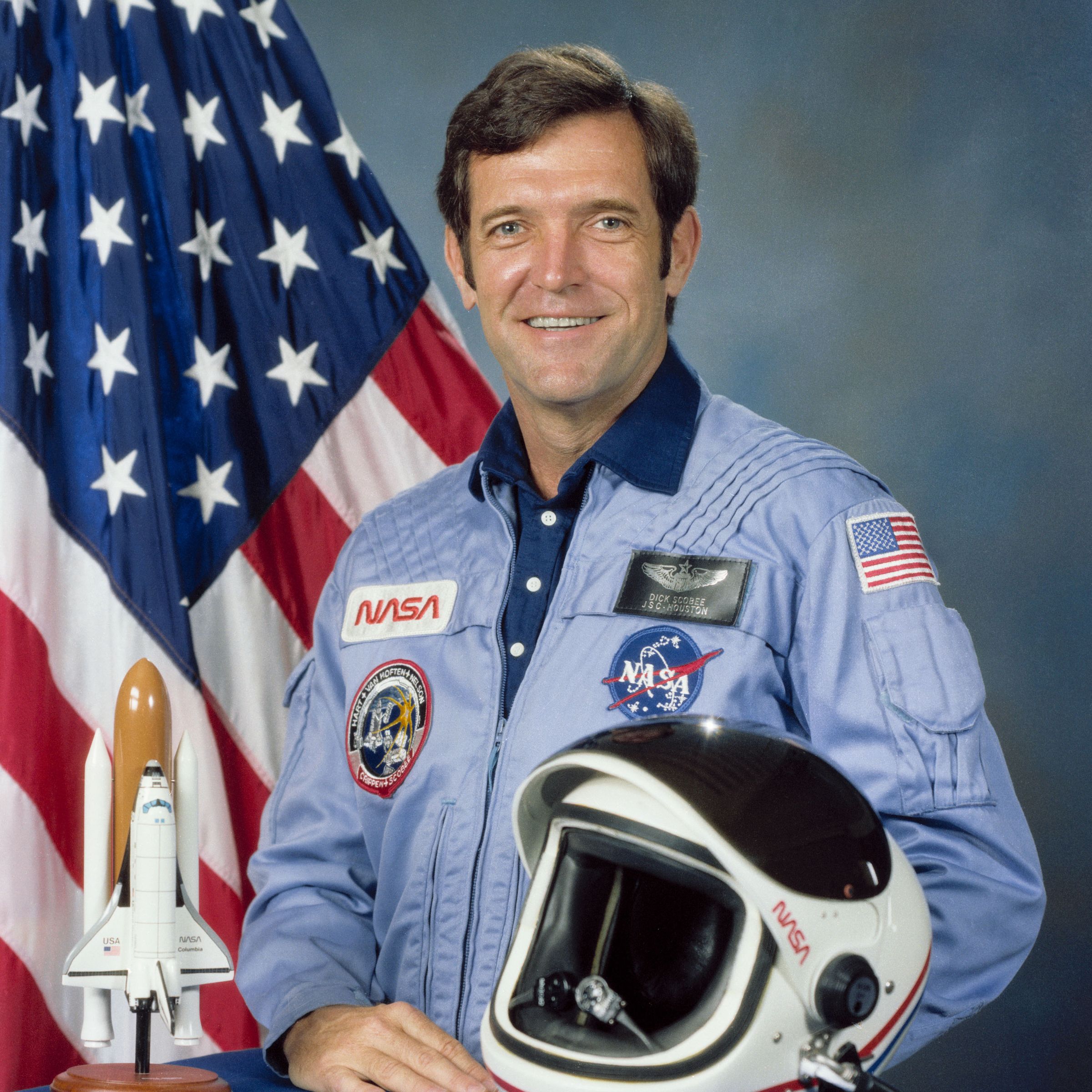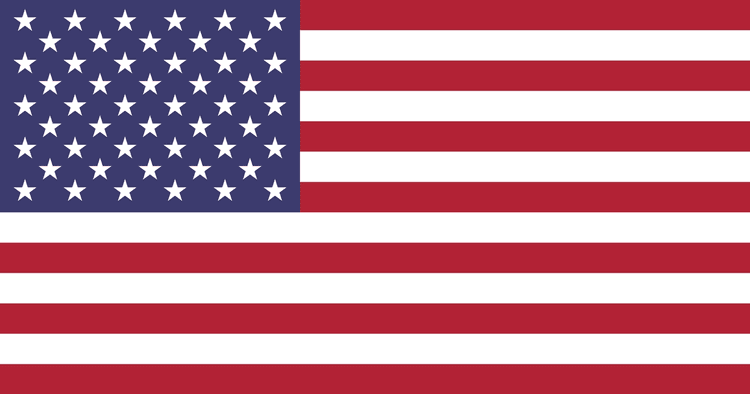














































Lt. Col. Scobee was selected as an astronaut candidate by NASA in January 1978. In August 1979, he completed a one-year training and evaluation period, making him eligible for assignment as a pilot on future space shuttle flight crews. In addition to his astronaut duties, Scobee served as an Instructor Pilot on the NASA/Boeing 747 shuttle carrier aircraft. He first flew as the pilot of STS-41-C, which launched from Kennedy Space Center, Florida, on April 6, 1984. The crew included spacecraft commander Captain Robert L. Crippen and three mission specialists: Terry J. Hart, Dr. G.D. (Pinky) Nelson, and Dr. J.D.A. (Ox) van Hoften. During this mission, the crew successfully deployed the Long Duration Exposure Facility (LDEF), retrieved the malfunctioning Solar Maximum Satellite, repaired it onboard the orbiting Challenger, and returned it to orbit using the robotic arm known as the Remote Manipulator System (RMS). The mission also included flight testing of Manned Maneuvering Units (MMUs) during two Extravehicular Activities (EVAs), operation of the Cinema 360 and IMAX camera systems, and a Bee Hive Honeycomb Structures student experiment. The mission lasted seven days before concluding with a landing at Edwards Air Force Base, California, on April 13, 1984. With the completion of this flight, Lt. Col. Scobee logged a total of 168 hours in space. Lt. Col. Scobee served as spacecraft commander on STS-51-L, which launched from Kennedy Space Center, Florida, at 11:38 AM EST on January 28, 1986. The crew aboard the Orbiter Challenger included pilot M.J. Smith (U.S. Navy), three mission specialists—Dr. R.E. McNair, Lt. Col. E.S. Onizuka (U.S. Air Force), and Dr. J.A. Resnik—and two civilian payload specialists, G.B. Jarvis and S.C. McAuliffe. Tragically, the STS-51-L crew lost their lives on January 28, 1986, when Challenger exploded shortly after launch. Courtesy of NASA.






